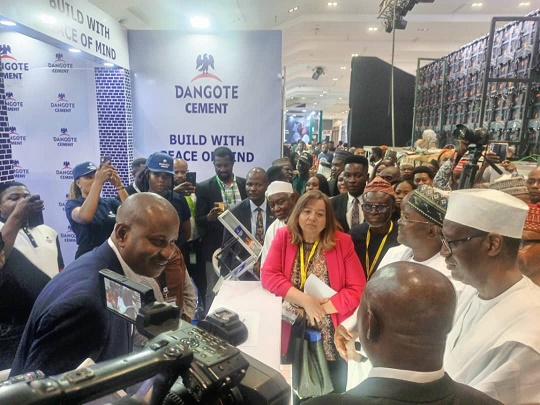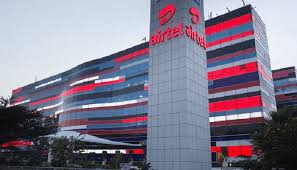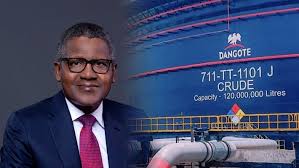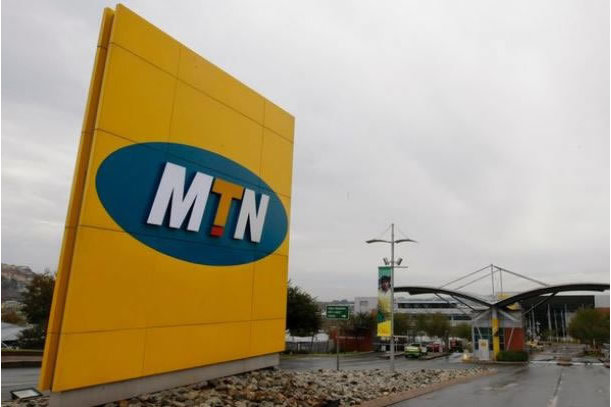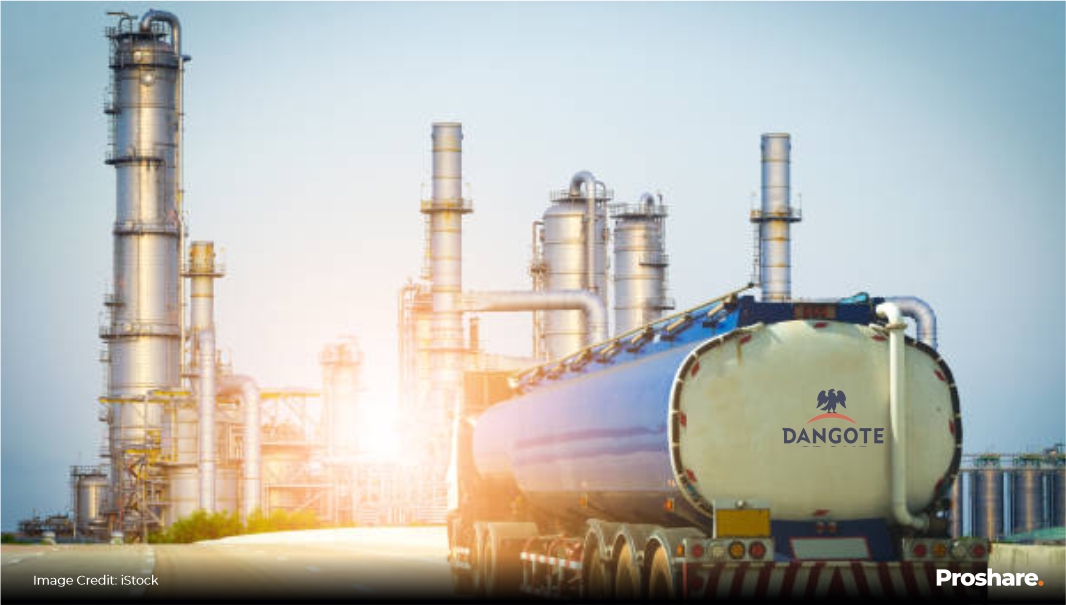By Ayomide Otitoju
Dangote Petroleum Refinery has reduced its ex-depot price of petrol from ₦880 to ₦840 per litre, reflecting a modest relief amid recent global oil market volatility.
The price adjustment, confirmed by refinery spokesperson Tony Chiejina, took effect on Monday, June 30. It comes roughly one week after the refinery had raised the ex-depot price to ₦880 per litre.
Following the adjustment, fuel stations with supply agreements from Dangote Refinery — including MRS Oil & Gas, Ardova Plc, and Heyden — are expected to review their pump prices to below ₦900 per litre.
The ₦40 per litre reduction aligns with a drop in international crude oil prices, triggered by a temporary ceasefire in the Middle East. Brent crude fell by 16 cents, or 0.24%, to close at $67.61 per barrel, following de-escalation between Israel and Iran, which had previously pushed prices to nearly $80 per barrel.
Earlier in June, the $20 billion Lagos-based refinery announced a nationwide distribution of free petrol and diesel to marketers and large-scale users. It also unveiled plans to deploy 4,000 new Compressed Natural Gas (CNG)-powered tankers from August 15 to enhance distribution efficiency.
Additionally, the refinery is offering a credit scheme for bulk buyers purchasing at least 500,000 litres, with an option to receive an equal volume on credit for two weeks under a bank guarantee.
Despite the downward review, Dangote’s expansion into downstream operations has sparked criticism from petroleum marketers and depot owners, who argue that the company’s dominance may threaten the viability of independent distributors and logistics operators.
Nigeria has long struggled with chronic energy supply issues, with all state-owned refineries remaining dormant for decades. The country was heavily reliant on imported fuel until the Dangote Refinery began local production.
Since the removal of fuel subsidies in May 2023, pump prices have surged from about ₦200 per litre to nearly ₦1,000, worsening economic pressure on citizens who rely heavily on petrol for transportation and power generation amid an unreliable national electricity grid.

